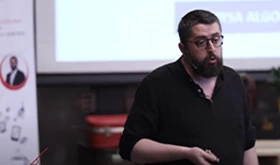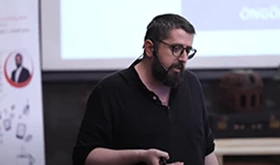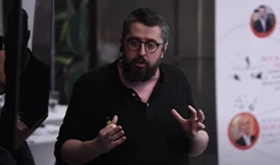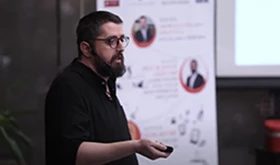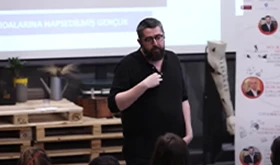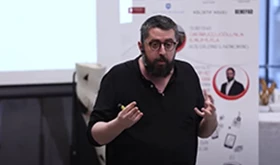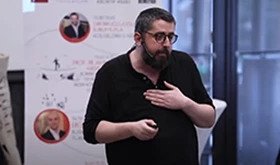In this talk, Akan Abdula presents insights from a company originally founded at Harvard Business School and now operating independently in 13 countries. Specializing in subconscious consumer data, the company focuses on how the brain naturally processes information—not through words, but via images and metaphors. By decoding this visual and symbolic language, the team identifies emotional trends that shape global consumer behavior beyond what traditional data can capture.
A dominant global trend is a rising sense of anxiety, often rooted in an unclear loss of control and unidentifiable fears. Alongside this, many consumers exhibit regressive behavior—emotionally retreating to past memories as a form of psychological self-protection. These intertwined emotions complicate consumer expectations, making it harder for brands to connect through conventional messaging. The speaker emphasizes the value of understanding these subconscious patterns and signals a need for new strategies to reach emotionally burdened audiences more effectively.
Behavioral Economics
In this talk, Akan Abdula challenges the foundations of traditional marketing by questioning the long-standing assumption that consumers behave rationally. For decades, marketing strategies have been built around a simple structure: offering a core benefit supported by a rational “reason to believe.” However, the speaker emphasizes that this framework fails to account for the true drivers of human decision-making—emotions, cognitive biases, and subconscious patterns. While people like to think of themselves as rational beings, research in behavioral economics shows that most decisions are made emotionally first and justified rationally afterward.
Abdula points out that the human brain is full of predictable “bugs” or biases, and understanding these is key to designing effective marketing. These biases are not arbitrary; they are systematic and often culturally universal. By acknowledging the limitations of the homo economicus model, marketers can move toward more accurate and impactful approaches. Incorporating behavioral economics allows brands to speak to the emotional and psychological realities of their audience, crafting campaigns that align with how people truly think and feel—rather than how they say they do.



















